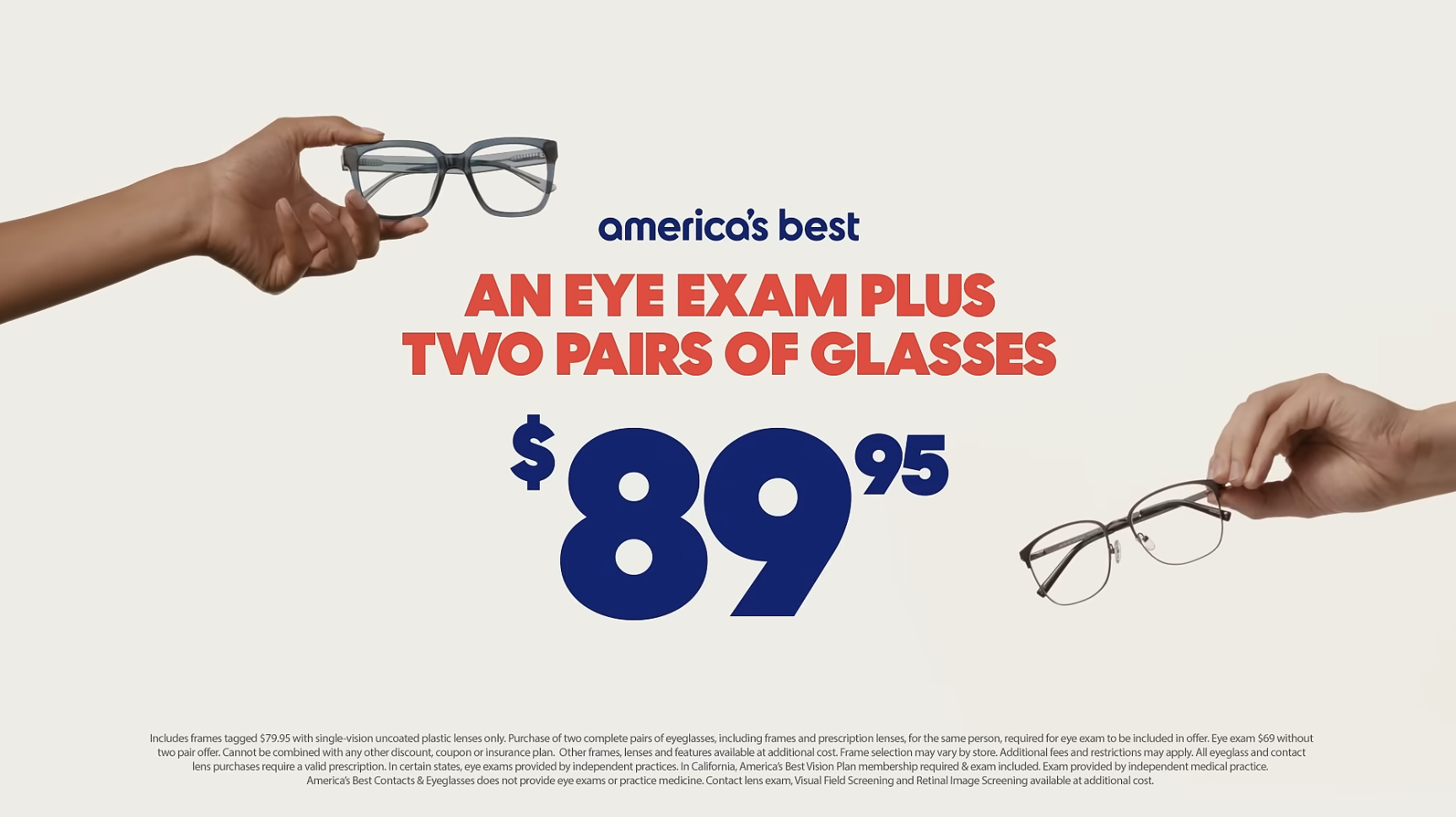
CATrends: Empty Space in Consumer Goods
Lawsuits aren’t giving any slack when it comes to underfilled packages.
In October 2016, a false advertising class-action lawsuit against Tempur Sealy International was stayed after plaintiffs filed for permission to appeal the Court’s decision to deny class certification. The complaint, which was originally filed in 2013 and amended in 2015, alleges that the company misleadingly markets its Tempur-Pedic mattresses and pillows as, among other things, “safe and healthy” without disclosing that the products contain harmful chemicals and consumers who used them experienced adverse health effects, including severe allergic reactions and sinus issues. (Todd et al v. Tempur Sealy International, Inc. f/k/a Tempur-Pedic International, Inc. and Tempur-Pedic North America, LLC, Case No. 13-cv-4984, N. D. CA.)
For more information about other class-action lawsuits regarding sleep products and TINA.org’s coverage of them, click here.
Lawsuits aren’t giving any slack when it comes to underfilled packages.
Why advertise a price that no consumer will pay?
Watch out for online retailers’ bait-and-switch tactics.
Why your options may be limited in claiming this eyeglasses deal.
Complaint alleges gym chain puts up roadblocks to cancellation.



